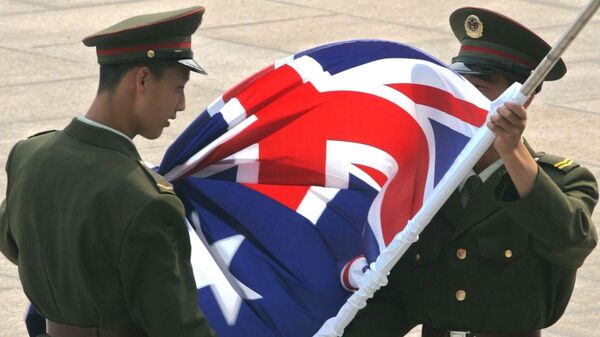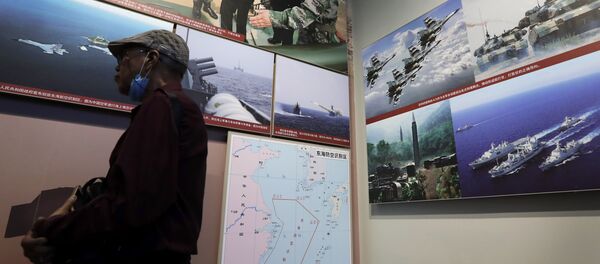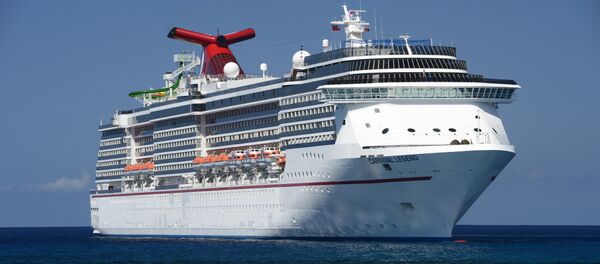Sputnik: What is your general take on Mr Harris's diplomatic approach? How could such rhetoric strain Australia's relations with Beijing?
Tom Switzer: Originally, Australia had taken a few positions that tilt in Beijing's favour. They are after all our largest trading partners. We have drawn in the China-run Asian Infrastructure Investment Bank. Our government leased the Darwin Port in northern Australia to a Chinese company, much to the angst of the Obama administration. We haven't supported American freedom of navigation patrols in the last 2-3 years under both Obama and Trump.
Moreover, there are doubts now in Australia about the extent to which the Chinese have been involved in our domestic affairs. A lot of polls show that President Donald Trump is a very unpopular figure in Australia, but nevertheless, Australian support for the US alliance, which has been in place since the end of World War II and the onset of the Cold War – those polls show strong support for 'Uncle Sam' and the American alliance.
Sputnik: Do you think Australia could really get into a conflict with China? After all, China is closer, is a major trade partner, and there is a lot of Chinese investment in Australia today.
Tom Switzer: There's no question that Australia, like many countries in East Asia, is faced with a bit of a dilemma. On the one hand, our most important security ally is the United States. But on the other, our most important trade partner is the People's Republic of China. So increasingly, leaders in Canberra have to do this delicate diplomatic dance of riding two horses simultaneously.
Sputnik: Do you think that there is an overall feeling in Australia of some kind of threat posed by China?
Tom Switzer: I don't see it, frankly. Although there is certainly a changing attitude…a lot of doubts are intensifying over the Chinese involvement in our domestic affairs. That culminated in the resignation of a prominent Labour Party senator – Sam Dastyari. That was a big issue in Australian politics late last year.
But again, it depends on the circumstances. The Australian government was very quick to condemn China and to call on it to abide by the Hague's decision on the South China Sea ruling. But on the other hand, there's really no appetite for a war with China. China is seen as a status quo power. Whether that remains the case remains to be seen.
Tom Switzer: We have to remember that although the United States has, four times under President Obama, and three times under President Trump, pushed its freedom of navigation patrols through the South China Sea – through the 12 nautical mile zone of those uninhabited islands which China claims – these upset China.
They've done it seven times in the last three years, but let's be frank: on none of those occasions has any other country supported the Americans. So the Americans in a way are a bit isolated and need allies like Australia to do follow-up patrols. But there's just no appetite on either side of politics today for Australia to support the United States with its freedom of navigation patrols, which ultimately means that China's claims will probably prevail; they're [already] in the process of negotiating some sort of accommodation with the government in Manilla.
The views and opinions expressed by Tom Switzer are those of the expert and do not necessarily reflect those of Sputnik.




